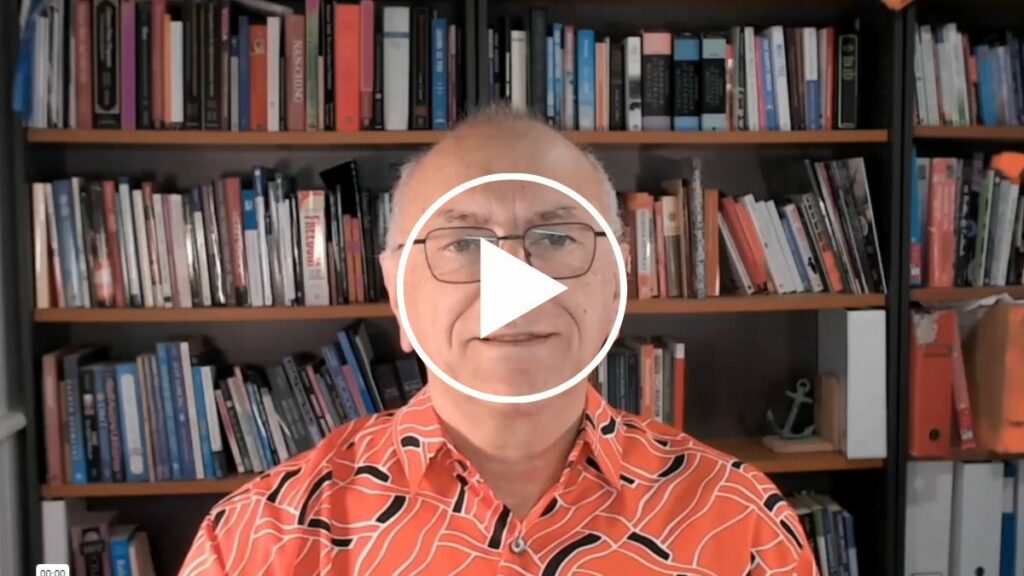The need for healing has become a universal necessity in the hustle and bustle of our modern lives. Whether it’s the stresses of work, the demands of family life, or the constant digital noise, everyone seeks a sanctuary for rejuvenation and balance.
Although healers like acupuncturists play a pivotal role in restoring harmony to our physical, emotional, and spiritual well-being – they need healing too. Let’s dive deeper into this topic.
The Demands of Acupuncture
Being an acupuncturist is no walk in the park. We often spend our days delicately inserting needles, addressing a myriad of physical and emotional issues. It’s not just about soothing aching backs; it’s navigating a demanding dance of precision and empathy.
We hustle from one client to the next, ensuring every needle finds its mark, all while absorbing the energy and emotions that fill the room. It’s an art that requires constant focus and unwavering attention. But the physical toll? Hours spent on our feet, bending, reaching, and maintaining a Zen-like concentration.
Then there’s the emotional side. Acupuncturists often become the confidants for our clients seeking relief, absorbing the weight of others’ struggles. It’s a silent exchange of energy, leaving the healer to process a spectrum of emotions.
In a nutshell, being an acupuncturist means juggling the tangible and intangible demands of healing. It’s a profession that requires not just skill with needles and theory but a resilient spirit to navigate the intricate balance between the physical and emotional realms. Undoubtedly, the demands of being an acupuncturist can be taxing, and the need for healing is just as critical for ourselves as for our patients.
How Does the Lack of Healing Affect Us
The primary role of acupuncturists is to heal patients, so you’d think it’s easy for us to be mindful of practising that for ourselves. Surprisingly, it’s easy for many of us to lose sight of our well-being, not because of a lack of awareness but due to other factors related to our profession.
Like every typical worker or medical professional, Acupuncture Practitioners also deal with stress, irregular schedules, long hours, and the emotional weight of clients’ struggles, leaving little room for us to prioritise ourselves. We forget that our bodies need healing, too, and like any other person overwhelmed with the negative turmoil of life, it can lead to physical and emotional complications. Some of these can include:
Physical Strain

Performing acupuncture involves repetitive motions and often requires precision and concentration. This can lead to physical strain and discomfort for acupuncturists, especially in our hands, wrists, and back.
Burnout and Fatigue
Acupuncturists, constantly channeling energy to restore balance in others, may experience burnout and fatigue if we neglect our well-being. The demanding nature of the profession, coupled with emotional involvement in clients’ struggles, can deplete our reserves, leading to exhaustion, both physically and mentally.
Diminished Effectiveness
When acupuncturists don’t prioritise our own healing, our ability to provide effective care to clients may diminish. The intricate connection between the practitioner’s energy and the healing process may weaken, impacting the quality of treatments. A fatigued or energetically depleted acupuncturist might find it challenging to facilitate the optimal energy flow in their clients.
Reduced Resilience and Empathy
The emotional toll of consistently engaging with others’ pain without proper self-care can erode an acupuncturist’s resilience and capacity for empathy. This may result in a reduced ability to connect with our clients on an emotional level and provide the compassionate support necessary for effective healing. Prioritising our own well-being is crucial for acupuncturists to maintain the emotional strength needed to navigate the challenges inherent in their profession.
Needless to say, neglecting self-healing jeopardises not only our well-being but also compromises our ability to provide effective care. The absence of personal wellness impacts professional efficacy, diminishing the holistic approach we strive to deliver. That’s why prioritising self-healing is a necessity for sustaining our vitality and providing optimal health benefits to those we serve.
Practical Self-Care Strategies for Acupuncturists

If you’re an Acupuncture Practitioner experiencing any of the issues mentioned above, don’t hesitate to pause and reassess yourself. Remember, you’re not any different from your patients, and that’s why you, too, should take the time to incorporate self-care strategies into your daily routine. Here are some simple yet often neglected practices you can start with.
Move with Purpose
Combat the physical demands of acupuncture by incorporating simple stretches and exercises into your routine. Start your day with gentle yoga or quick stretches to improve flexibility and reduce tension. Remember, your body is your instrument; keep it finely tuned.
Breaks are Non-Negotiable
Hit pause during your busy day. Schedule short breaks between clients to recharge. Whether it’s a brisk walk, a few minutes of deep breathing, or a moment of quiet reflection, these interludes are your secret weapon against burnout.
Nutrition as Nourishment
Fuel your body with foods that enhance your energy and focus. Opt for a balanced diet rich in whole grains, lean proteins, and veggies. Consider healthy snacks to maintain consistent energy levels throughout the day.
Hydrate Like Your Health Depends on It (Because it Does)

Water is the unsung hero of self-care. Stay hydrated to optimise your body’s functions and maintain mental clarity. Make it a habit to have a water bottle within arm’s reach during treatments.
Prioritise Quality Sleep
Prioritise sleep as a non-negotiable self-care ritual. Establish a calming bedtime routine, create a conducive sleep environment, and aim for those golden 7-9 hours. Your body and patients will thank you for your renewed energy.
Invest in Your Workspace
Evaluate your workspace. Ensure your treatment area is ergonomically sound to minimise strain. Invest in a supportive chair and find a balance between sitting and standing to reduce the impact on your body.
Connect with Colleagues
Build a support network within the acupuncture community. Share experiences, tips, and coping strategies with fellow practitioners. Sometimes, a shared insight can be a game-changer.
Mindfulness Matters
Embrace mindfulness practices to stay grounded. Incorporate short meditation sessions or moments of focused breathing between appointments. It’s not just a pause; it’s a reset for your mind and spirit.
Revitalize Your Practice: The Annual Retreat Prescription
Amid the demanding rhythm of your practice, consider this: an annual retreat could be your secret weapon for rejuvenation.
I have found it to be the secret key that unlocks my best work, so much so that I’ve created a retreat specifically for Acupuncture professionals, and you can learn more about it here:

Whichever kind of retreat you choose, however, make sure you can escape the daily grind and immerse yourself in the tranquillity of nature. Whether it’s the mountains, the ocean, or a quiet forest, choose a setting that resonates with your spirit. Engage in activities that nourish your soul – meditation, gentle movement, or simply absorbing the healing energies of nature.
A retreat isn’t a luxury; it’s a vital investment in your well-being. It offers a space for reflection, introspection, and mindfulness. By stepping away from your routine, you create room for personal growth, returning to your practice with renewed vigor.
Healing Is for You, Too
Healing isn’t only for the people you help in your profession but also for you. So, always make it a point to find ways to care for your health despite time constraints and demands. Embrace it, not just for yourselves but for the countless individuals you guide towards wellness. Prioritise your health, cherish moments of self-reflection, and weave self-care into your daily routine. Remember, by nurturing your well-being, you not only honour your craft but empower yourself to continue being the beacon of healing others need.
Did you like this article? You might also like:
Acupuncture: Your Key to a Life Restored, Naturally





